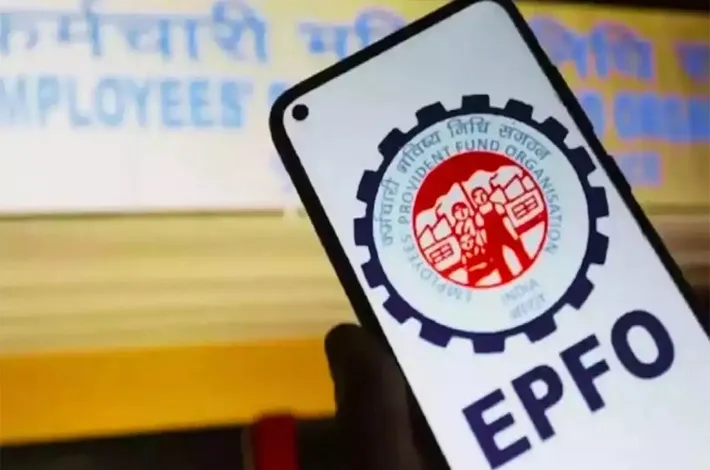“Echoes of Aspirations: The Rise of a Dream
23-05-2025 12:00:00 AM

The turning point came unexpectedly at a local literary festival in Jaisalmer, where Vikram had decided to share his work, more out of desperation than hope. Here, he met Anjali, a disillusioned screenwriter who had once tasted success in Mumbai but left due to the industry's toxic politics. She was now scouting for fresh talent to launch her own indie production company, aiming to challenge the status quo
In the small town of Jaisalmer, among the golden sand dunes and the whispers of ancient tales, lived Vikram, a young man with an imagination vaster than the desert surrounding him. His passion was storytelling, his medium - the script. But his dreams were ensnared in the complex web of the Indian movie industry, where internal politics and nepotism often dictated who got to tell their story on screen.
The Indian film industry, known for its glitz and glamour, was a harsh reality for someone like Vikram. Here, the corridors of power were walked by those with surnames that opened doors, where talent was sometimes overshadowed by the right family connections. Vikram's scripts, rich with the folklore and real-life struggles of small-town India, were routinely dismissed. His work was seen as too "rustic" or not "commercial" enough by the big studios in Mumbai, which seemed more interested in replicating success than in fostering new voices.
The internal politics of the industry were a labyrinth of favoritism, where decisions were made in closed rooms, often over lavish dinners rather than merit. Vikram saw aspiring writers from his town, and countless others, fade away, their dreams extinguished by the harshness of this reality. He watched as mediocrity was celebrated while innovation was sidelined. This was not just disheartening; it was a personal struggle against a system that seemed to have no place for him.
Vikram's nights were spent under the starlit sky, his typewriter the only companion to his inner battles. He wrote not just for fame but to give voice to the stories of his people, stories that deserved to be heard. His persistence was fueled by the belief that somewhere, someone would recognize the beauty in his narratives.
The turning point came unexpectedly at a local literary festival in Jaisalmer, where Vikram had decided to share his work, more out of desperation than hope. Here, he met Anjali, a disillusioned screenwriter who had once tasted success in Mumbai but left due to the industry's toxic politics. She was now scouting for fresh talent to launch her own indie production company, aiming to challenge the status quo.
Anjali was captivated by Vikram's script, "Echoes of the Dunes," which captured the essence of small-town life with such authenticity that it moved her. Recognizing the potential, she decided to take a risk on Vikram, not just because of his talent but as a statement against the industry's ingrained practices.
Together, they embarked on a journey fraught with challenges. Funding was scarce, the cast was local and inexperienced, and the local crew was more accustomed to traditional storytelling than the cinematic vision Vikram had in mind. Yet, this project was a labor of love, a testament to what could be achieved when passion trumped politics.
"Echoes of the Dunes" premiered at a minor film festival, where it was a revelation. It didn't have the polish of big-budget films, but it had soul. Critics, who had grown weary of formulaic cinema, praised it for its originality and depth. The film caught the eye of a few influential film lovers in Mumbai, leading to a modest but meaningful theatrical release.
Vikram's success was not in numbers but in impact. His film sparked discussions about nepotism, about the wealth of stories lying untapped in India's small towns, and about the need for a change in how films are made and appreciated. From Jaisalmer, Vikram rose not just as a writer but as an advocate for those silenced by the industry's politics. He had finally succeeded, not by playing the game but by changing it, one story at a time.








